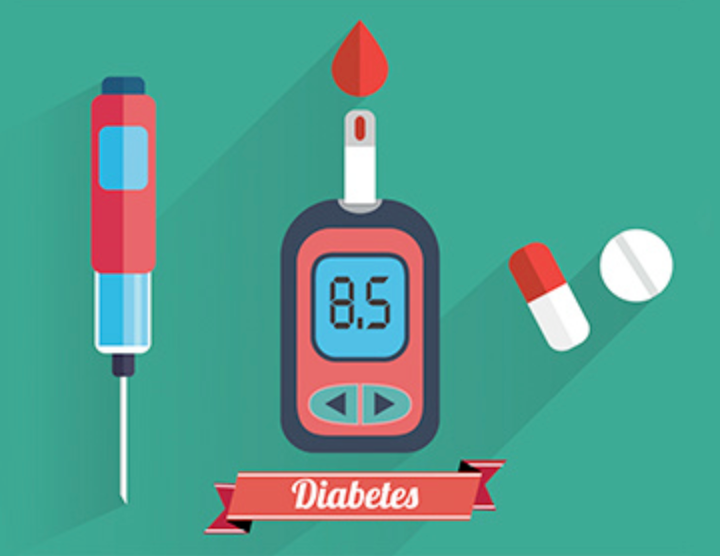Diabetes
Latest News
Latest Videos
CME Content
More News

The new CDC-approved app launched January 1, 2023.

A study showed that the risk of developing venous thromboembolism is worse for perimenopausal women with diabetes.
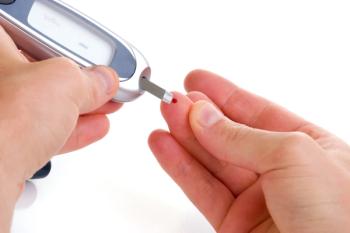
TD2 remission is defined as a hemoglobin A1C level of less than 6.5% at least 1 year after stopping medication, investigators say.
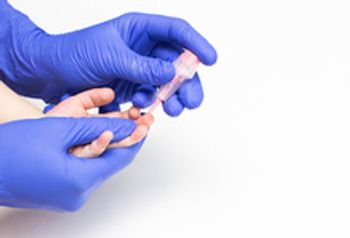
Pharmacists can provide guidance to administrators, teachers on insulin storage, dosage times.

Age was a contributing factor of chronic kidney disease and albuminuria in patients with type 1 and type 2 diabetes.
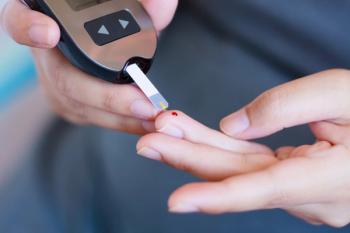
Relatives who attend low-intensity coaching and monitoring meetings increase individuals’ ability to manage the disease.
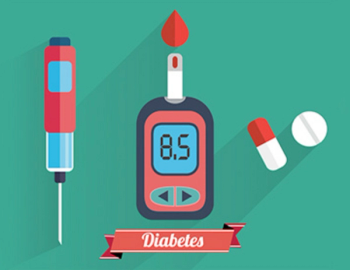
Commonly published metformin study designs in patients with type 2 diabetes may not be sufficiently addressing residual confounding.

Michelle Condren, PharmD, AE-C, BCPPS, CDCES, FPPA, discussed pharmacists' roles in inpatient diabetes management.
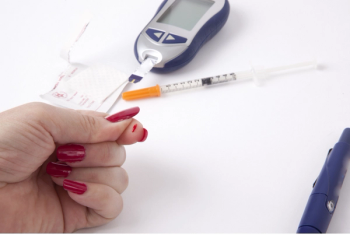
Teplizumab is a humanized IgG1κ Fc-nonbinding anti-CD3 monoclonal antibody that blocks T cells, preventing them from attacking beta cells.
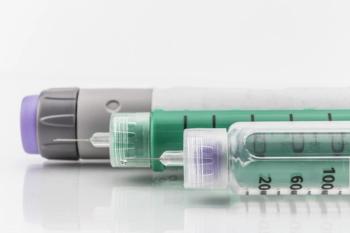
An analysis found an estimated 1.3 million US adults with diabetes rationed their insulin in the past year by delaying prescription refills, skipping doses, or using smaller doses.

The implementation of negative control outcomes and a complementary cohort demonstrate an estimated beneficial effect that associated with an individual’s overall health.

Pharmacists play a significant role in the comprehensive management of this condition through education, intervention, and monitoring.

Mild preeclampsia and late-developing preeclampsia were not found to increase risk of stroke as much as early-stage.
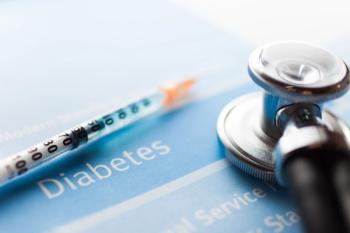
Teplizumab-mzwv is administered through injection and can delay the onset of type 1 diabetes in adults and pediatric patients.

Sugar…may not always be sweet. Survivors of childhood cancer have a risk of accelerated aging with every 25 grams of sugar consumed, according to researchers.

New continuous glucose monitor systems provide additional support and quality of life improvements for patients with diabetes.

States with a higher prevalence of Medicaid patients with type 2 diabetes were found to have lower use ratio of glucose-lowering agents with known cardiovascular benefits.

The American Heart Association issued a dietary guidance in 2021 suggesting that adults consume a variety of fruits and vegetables, choose whole grains instead of refined grains, eat healthy protein sources and lean cuts of meat, and substitute nonfat and low-fat dairy products for full-fat versions, among other measures.

However, findings do not preclude the possibility that mechanisms other than cardiac remodeling may be responsible for benefits of SGLT2 inhibition.

Approximately 10% of patients in trial experienced a heart attack, stroke, blocked arteries requiring treatment, or death from cardiovascular disease.

When diabetes is uncontrolled, higher percentages of hemoglobin become glycated, which causes elevated HbA1c and glucose levels to rise within the body.

Education, awareness, and more training may help more pharmacists and kidney patients consider home dialysis as an effective treatment option, said an expert on November 4 at ASN Kidney Week in Orlando, Florida.

Daniel Weiner, MD, MS, associate professor at Tufts University, discusses effective treatment approaches for diabetic kidney disease at ASN Kidney Week.

Researchers observed disparities in health outcomes between Black individuals and White individuals due to stroke, diabetes, and coronary heart disease.

ASCP 2022 session presenters review the evidence that tipped the scales against the use of aspirin for primary prevention in patients aged 60 years or older.

